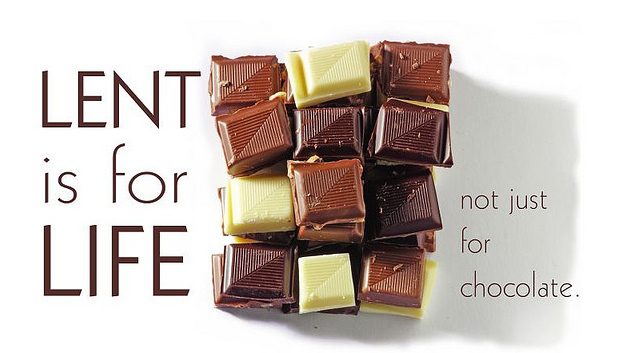Why not give up your time?
By Anette Bauer –
While getting ready for work on Ash Wednesday, my husband said, “I think I want to give something up for Lent this year.” I said that instead of giving something up, we should do something that makes an impact for others once a week—something that “costs” us something in time, talent, or money. He thought that was a better idea but wondered what.
Dangerous thing for him to say to a woman who works for The Salvation Army.
I looked serious and underwhelmed externally, but ecstatic internally as I said, “Well, we could volunteer at the local food shelf, or call the church to find out if someone needs help with transportation to the grocery store; I am sure I can find something.”
He left for work oblivious to the explosion of ideas inside my head.
At church on Sunday, it was easy to set the pace of charitable endeavors as I grabbed several spots on the Meals on Wheels delivery schedule. From there it was a call to the local nursing home to volunteer and a change in travel plans to accommodate a gift to the local food shelf. Feeling emboldened and excited, I sat down with a pen and paper to get serious on a list of daily good deeds.
It was at this point my husband realized what he had gotten into and said, “I thought we were doing something once a week?”
Since we had both just finished reading C.S. Lewis’ Mere Christianity, I had a pretty good idea where this discussion would end. From the perspective of a previous atheist, Lewis describes the expectations of Christian behavior. From the naturally kind person to the one predisposed to crankiness, much is expected and much can be accomplished through faith. Faith in action is tremendously important. As Lewis says, in one sense it is right that the world can in part “judge Christianity by its results.” Therefore my interest in daily good deeds is that by action, we become more selfless and more Christ-like.
In deciding to observe Lent, let’s not give up something but let’s give something—at a cost.
Please don’t misunderstand. I am not advocating a casual disregard for penance. My argument is that giving up something helps me to understand the sacrifice and healing of the cross.
A recent Barna Group poll said that 31 percent of Christians intend to give up social media for Lent, and giving up chocolate is a close second in self-denial preferences. For those of you whose abstaining from a favorite indulgence helps you to say no to self-interest and focus on others, well then, I applaud that course of action.
The history of Lenten observation is based in action, rather than inaction. The 40 days prior to the Christian celebration of the resurrection of Jesus Christ is historically a time to reflect and prepare for the fundamental element of the faith. Christ’s bodily resurrection for the forgiveness of sin. It is what makes Christianity, well, Christianity. Along with reflection, Lent for early Christians was a time of extended fasting, in part to identify with Christ’s 40 days of fasting in the desert. Fast forward to the 21st century, 40 days of fasting and prayer has become giving up chocolate and social media.
Now that I have hurt some sensibilities and offended your sincerity, I will repeat that I am not judging your heart. How you deny self and self-sacrifice in love is your affair, because that is what I believe the reflection of Christ’s sacrifice means.
As C.S. Lewis puts it, “A world of nice people, content in their own niceness, looking no further, turned away from God, would be just as desperately in need of salvation as a miserable world—and might even be more difficult to save. For mere improvement is not redemption, though redemption always improves people even here and now and will in the end improve them to a degree we cannot yet imagine.”











